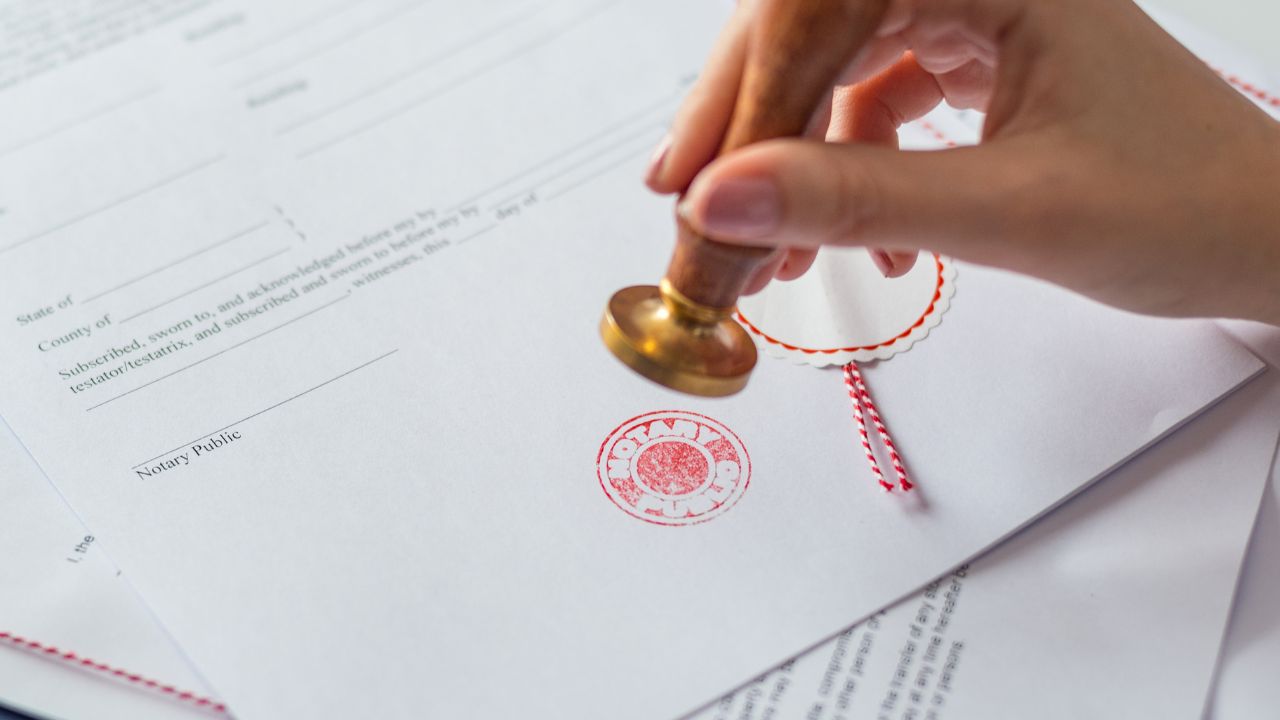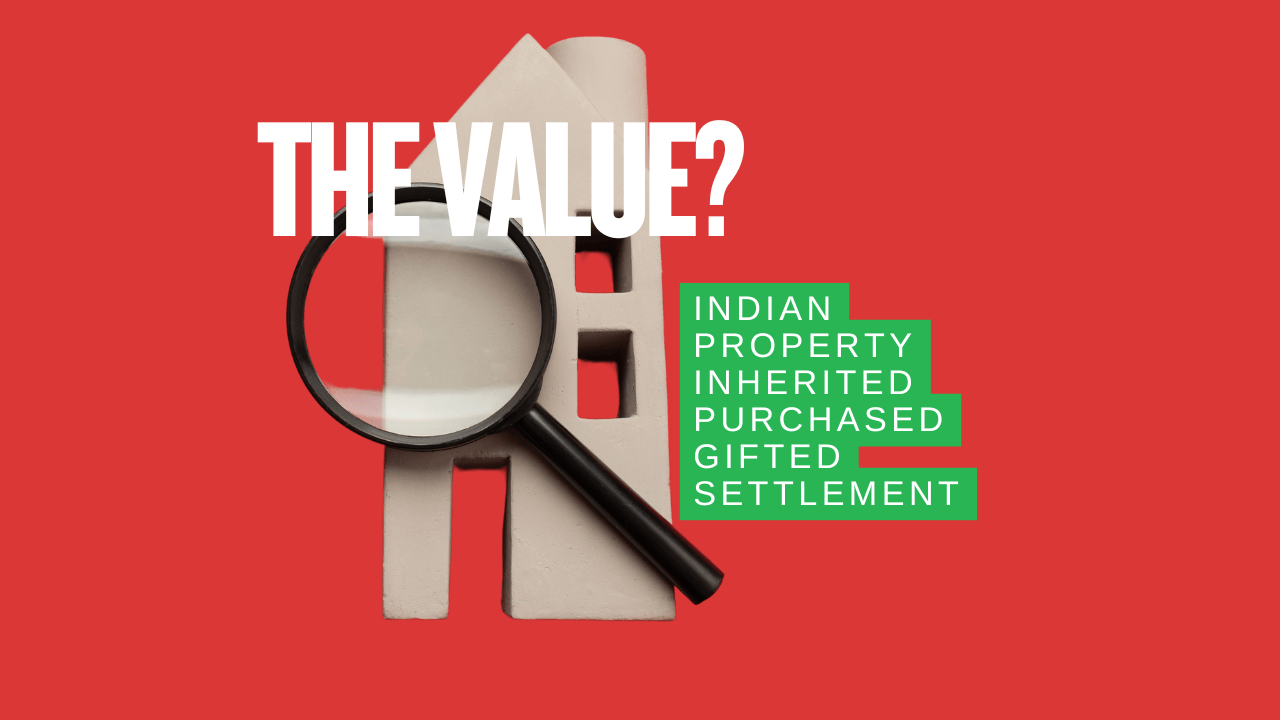An Indian Power of Attorney (POA) allows an individual residing in the UK to legally delegate authority to someone in India to act on their behalf. This is commonly required for managing property transactions, financial matters, or legal affairs in India without having to travel. This post provides an overview of the process of notarising an Indian Power of Attorney in the UK.
For an Indian POA executed in the UK to be valid in India, it must first be notarised by a Notary Public in the UK. Notarisation authenticates the identity of the signatory and ensures the document’s legal validity under the Indian Evidence Act 1872.
Step 1: Drafting the Power of Attorney
Before notarisation, the POA must be drafted accurately to meet Indian legal requirements. It is strongly recommended to have the POA prepared or reviewed by a legal expert to ensure compliance with Indian laws and state regulations.
The Indian Power of Attorney document should include:
- Full name and address of the principal (person granting the POA)
- Full name and address of the attorney (person receiving the POA)
- Scope of authority granted (e.g., property management, banking transactions, legal representation, etc.)
- Whether the POA is general or specific
- Clauses on revocation (if applicable)
- Witness signatures (two witnesses who are not related or beneficiaries of the POA)
For professional drafting services for your Indian Power of Attorney, explore our POA Pack Service.
Step 2: Preparing other Documents for Notarisation
Along with the Indian Power of Attorney, you may need to have other documents notarised, which include but are not limited to copies of identity documents, payslips, and proof of address. The documents required for notarisation will depend on your circumstances.
Step 3: Notary Public Stamps the Indian Power of Attorney
Once the POA is drafted, the principal must visit a Notary Public in the UK for notarisation. A Notary Public is a specialist legal professional and only those qualified and registered can call themselves notaries. The principal role of a notary in the UK is to attest the authenticity of deeds and other legal documents for use abroad.
The Notary will:
- Verify the identity of the signatory using a valid passport and proof of address
- Ensure the signatory understands the document and is signing voluntarily
- Verify the identity of the witnesses using a valid passport
- Witness the signature and apply a notarial seal and certification.
Notaries in the UK charge fees based on many factors, including the number of pages or signatories involved.
You may search for a qualified notary public in the UK on the official website of The Notaries Society at https://www.thenotariessociety.org.uk.
Further Processing of the Indian Power of Attorney
Whilst India is a member of the Hague Convention, technically, you may have your POA authenticated by the UK Foreign, Commonwealth & Development Office (FCDO). Since 2004, India has become a member, abolishing the legalisation requirements of foreign public documents. However, authorities in India may still require attestation from the High Commission of India. It is recommended to contact the registering authority in India to confirm their requirements.
Common Mistakes to Avoid When Notarising an Indian POA
- Not checking Indian legal requirements: Each Indian state may have different POA requirements.
- Using a self-drafted POA: A poorly drafted POA may be rejected by Indian authorities.
- Skipping notarisation or further legalisation: Without these steps, the POA will not be valid in India.
- Not using neutral witnesses: Witnesses should not be related or beneficiaries.
How Whytecroft Ford Can Assist
At Whytecroft Ford, we offer professional drafting and advisory services on Indian Power of Attorney document.
For assistance with your Indian Power of Attorney, contact us at +44 208 757 5751 or via our contact form.
Please note that Whytecroft Ford does not offer notary services.






